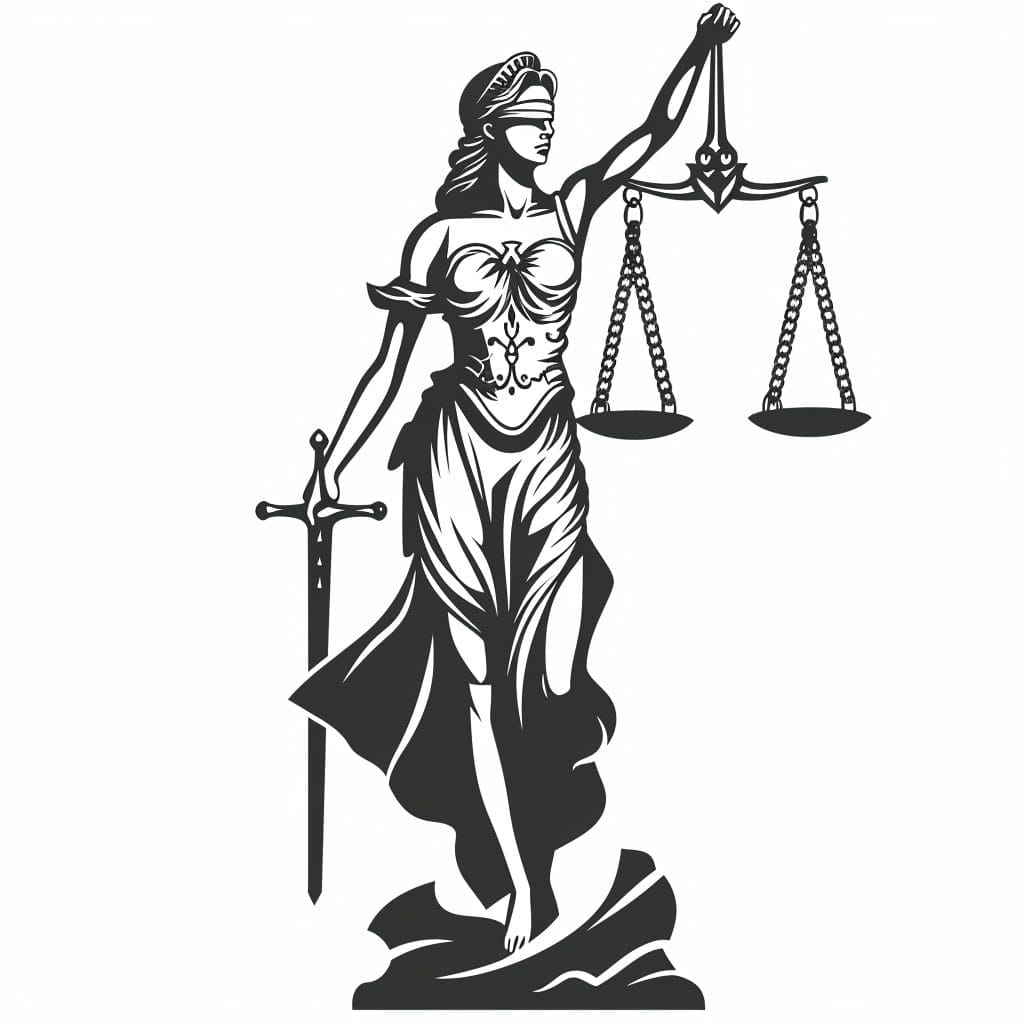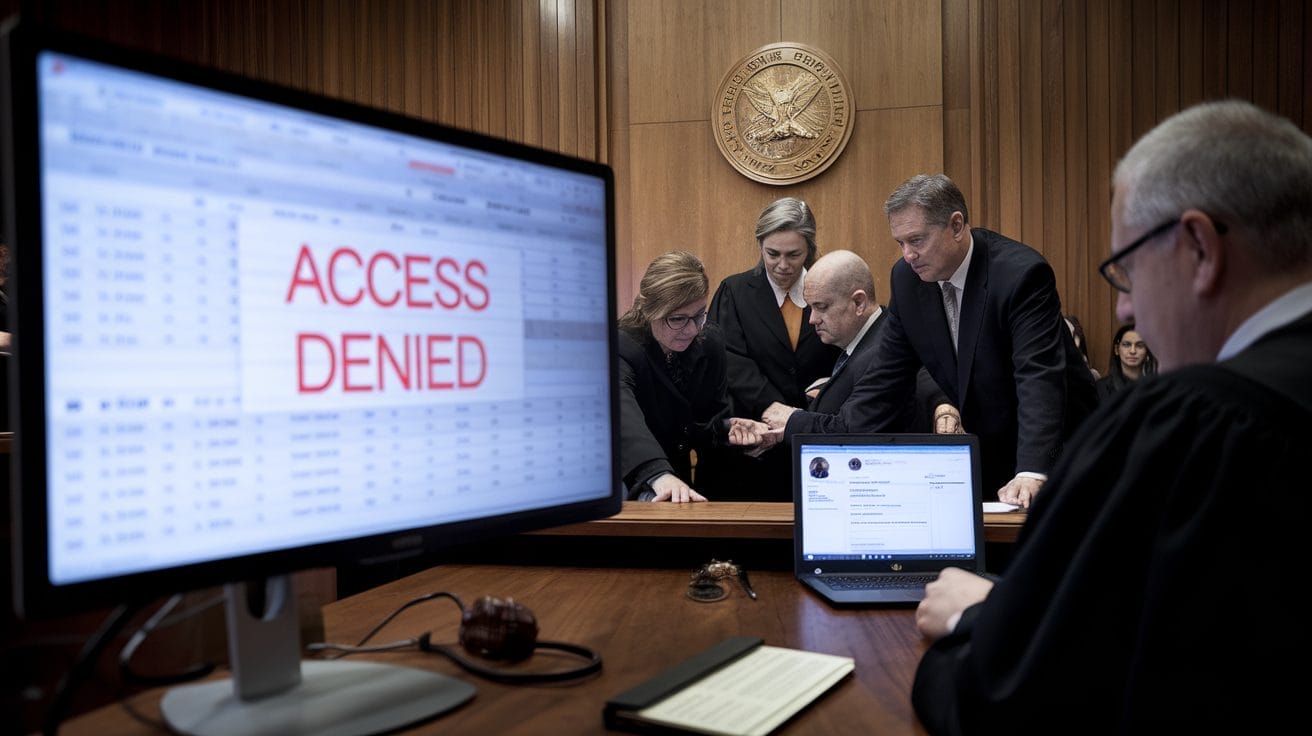According to multiple sources, there are various activities that are illegal across all states in the US. These laws are enforced to maintain order and protect the well-being of individuals. It is important to be aware of these nationwide laws to ensure that one’s actions are lawful in any state.
Key Takeaways:
- There are activities that are illegal across all states in the US
- These laws are enforced to maintain order and protect individuals
- It is important to be aware of these laws in every state to stay lawful
Increase in Book Bans and Censorship in Schools
According to a first-hand source, the United States has witnessed a disturbing rise in book bans and censorship within schools. The ongoing academic year of 2022-23 has experienced a significant surge in instances of book bans compared to previous years. These bans are primarily driven by vocal minority groups, despite facing opposition from the majority of parents. Influenced by new state laws and efforts to label certain books as “harmful” and “explicit,” this distressing trend contributes to a nationwide movement that seeks to suppress free expression in public education.
The escalation of book bans and censorship in schools raises concerns about intellectual freedom and the availability of diverse perspectives. By imposing restrictions on what students can read and learn, these bans hinder open dialogue and critical thinking. The enforcement of limitations on access to literature has far-reaching consequences, impacting students’ ability to develop empathy, engage with complex ideas, and gain a comprehensive understanding of the world around them.
Undermining the Freedom to Read
Book bans in schools not only limit students’ exposure to diverse narratives but also impede their intellectual growth. By removing books from classrooms and school libraries, educational institutions deny students the opportunity to explore different cultures, ideas, and perspectives. This detrimental practice restricts the development of critical thinking and fosters a narrow-minded view of the world.
Addtionally, the book bans predominantly target books by and about marginalized communities. Literature featuring stories of people of color, individuals from the LGBTQ+ community, and topics such as race, gender, and social justice are disproportionately affected. This perpetuates the underrepresentation of these voices in children’s and young adult literature, depriving young readers of opportunities for education, empathy, and self-discovery.
Resistance to Censorship
Fortunately, there are individuals and organizations actively working to counter the detrimental effect of book bans and censorship in schools. Educators, librarians, and community members advocate for the freedom to read and promote the availability of diverse literature. They organize events such as Banned Books Week, where the importance of intellectual freedom is celebrated, and awareness about censorship in libraries and schools is raised.
The American Library Association (ALA) plays a pivotal role in documenting challenges to library books and supporting communities in their fight against censorship. Their valuable resources assist librarians and educators with navigating book challenges and upholding the principles of intellectual freedom.
| State | Number of Book Bans |
|---|---|
| Texas | 257 |
| Florida | 184 |
| Missouri | 133 |
| Utah | 98 |
| South Carolina | 85 |
The table above illustrates the five states with the highest number of book bans during the first half of the 2022-23 school year. It is evident that Texas, Florida, Missouri, Utah, and South Carolina have seen a significant number of books banned, further emphasizing the prevalence and impact of these restrictions.
It is crucial for parents, educators, and community members to remain vigilant in defending the freedom to read and challenging book bans in schools. By encouraging open-mindedness, fostering empathy, and embracing diverse literature, we can empower the next generation with knowledge, understanding, and the ability to think critically.
Key Findings on Book Bans in Schools
According to the first source, during the first half of the 2022-23 school year, there were 1,477 instances of individual books being banned, affecting 874 unique titles. This marks an increase of 28% compared to the previous six months. The states with the most book bans are Texas, Florida, Missouri, Utah, and South Carolina. These bans primarily target books by and about people of color and LGBTQ+ individuals. Additionally, bans are increasingly affecting books that discuss topics such as violence, health, and death.
These findings highlight the concerning trend of book bans in schools. The substantial increase in banned books showcases the growing efforts to restrict access to certain literature. The focus on books by and about marginalized communities suggests a deliberate attempt to silence diverse perspectives and narratives within educational settings.
Furthermore, the bans on books discussing violence, health, and death restricts students’ exposure to important topics that are relevant to their lives and communities. By prohibiting these materials, students are denied the opportunity to explore complex issues and develop a deeper understanding of the world around them.
This data underscores the urgent need to address the nationwide book ban movement and its impact on education. It is crucial to protect students’ right to access a broad range of literature that promotes critical thinking, empathy, and inclusivity.
The Impact of Book Ban Movement
The book ban movement has had a detrimental impact on students’ freedom to read, learn, and think. The bans restrict access to a wide array of books in classrooms and school libraries. The bans have even resulted in the suspension or emptying of entire classrooms and libraries. This widespread censorship affects the availability of diverse perspectives and stories for students, ultimately undermining their education and intellectual growth.
The book ban movement has created an environment where certain ideas and narratives are deemed unacceptable or inappropriate, limiting students’ exposure to different cultures, experiences, and perspectives. By restricting access to books, censorship in schools hinders students’ ability to develop critical thinking skills, empathy, and understanding of the world around them.
Furthermore, book bans in schools prevent students from exploring topics such as social justice, history, mental health, and sexuality in a safe and educational setting. These bans disregard the importance of open dialogue and the need for students to engage with diverse literature that reflects their own experiences or introduces them to new ideas and perspectives.
In addition to limiting intellectual growth, book bans also send a message to students that their voices and identities are not valid or worthy of being heard, particularly in the case of books that depict marginalized communities. This further perpetuates inequalities and reinforces discriminatory attitudes.
The impact of book bans extends beyond the confines of the classroom. It has far-reaching consequences on the democratic values of a society that cherishes freedom of expression and the right to access information. By limiting the freedom to read, censorship in schools inhibits the development of informed citizens who can critically evaluate information, challenge prevailing norms, and contribute meaningfully to public discourse.
Examples of the Impact of Book Bans in Schools
| Impact | Description |
|---|---|
| Reduced access to diverse literature | The bans restrict students from accessing books that offer diverse perspectives, cultures, and experiences. |
| Inhibited intellectual growth | Students are deprived of the opportunity to expand their knowledge, critical thinking, and empathy through literature. |
| Suppressed voices and identities | Book bans silence the voices of marginalized communities and undermine the validation of their identities. |
| Undermined democratic values | Censorship in schools threatens freedom of expression and the free flow of information, essential for a democratic society. |
| Reinforcement of discrimination | Book bans perpetuate inequalities and discriminatory attitudes towards certain groups in society. |
The Nature of the Book Ban Movement
The movement to ban books in schools is an organized effort by advocacy groups and state politicians. These individuals and organizations actively seek to impose restrictions on students and families based on their personal preferences and beliefs. As a result, there has been a significant escalation of book bans in public schools across various states.
This movement primarily targets books by or about marginalized communities, contributing to the underrepresentation of their voices in children’s and young adult literature. By challenging the availability of these books, the book ban movement perpetuates a narrow perspective and limits students’ exposure to diverse ideas and experiences.
Advocacy groups play a crucial role in coordinating and promoting the book ban movement. These groups, driven by their own ideologies and agendas, put pressure on schools and districts to remove specific books from curricula and libraries. They often argue that these books contain objectionable content or promote values that conflict with their own.
State politicians also contribute to the book ban movement by enacting legislation that supports or enables the censorship of certain books in schools. These lawmakers may succumb to pressure from advocacy groups or have their own motivations for imposing restrictions on the literary choices available to students.
The book ban movement has gained momentum in recent years, resulting in an increase in the number of banned books in schools. This poses a significant threat to students’ access to a wide range of perspectives and knowledge. By limiting the availability of books by and about marginalized communities, the book ban movement hinders the development of empathy, understanding, and critical thinking skills among students.
Table: Examples of notable advocacy groups involved in the book ban movement
| Advocacy Group | Mission/Agenda |
|---|---|
| Organization for a Family-Friendly Education | Advocates for removing books with explicit content from schools to promote moral values |
| Parents for Educational Purity | Seeks to eliminate books that address topics such as LGBTQ+ identities or controversial social issues |
| Protect Our Children’s Innocence | Works to ban books they deem inappropriate or offensive based on their religious beliefs |
| Conservative Scholars Action Network | Opposes books with liberal or progressive themes, aiming to uphold conservative values in education |
Banned Books Week and Censorship in Libraries
Banned Books Week is an annual event that celebrates the freedom to read and raises awareness about censorship in libraries and schools. It serves as a reminder of the importance of intellectual freedom and the right to access diverse and controversial books. Throughout this week-long observance, libraries and communities across the United States come together to defend these fundamental rights.
The American Library Association (ALA) plays a significant role in documenting challenges to library books and materials. In recent years, there has been a notable increase in attempts to censor these resources. Books featuring LGBTQ+ themes and stories by and about people of color are among the most targeted. These censorship attempts pose a threat to the availability of diverse voices and narratives in libraries, limiting readers’ access to important perspectives.
The image above highlights the importance of addressing book censorship and promoting intellectual freedom. It represents the challenges faced by libraries and the need to stand up against censorship. Banned Books Week serves as a platform to raise awareness, engage in discussions, and support the freedom to read.
Alarming Trends in Book Bans
The alarming trends in book bans in the United States have raised concerns about the potential violations of First Amendment rights and the lack of proper procedural safeguards. In recent years, there has been a significant increase in the number of books being banned, particularly those addressing topics related to race, LGBTQ+ subjects, and sexual education.
Many of these bans have been carried out without following appropriate procedures and disregarding best practice guidelines. They often bypass the involvement of review committees, denying the opportunity for a fair and thorough evaluation of the books in question. Furthermore, these bans fail to keep the banned books in circulation during the reconsideration process, limiting access to diverse perspectives and literature for students.
In some instances, book bans are initiated by state officials or lawmakers, further undermining students’ First Amendment rights. The decisions to ban books are being made by individuals who may not have the necessary expertise or understanding of the educational value and importance of these literary works.
Examples of Alarming Book Bans
Here are a few examples illustrating the alarming trends in book bans:
| State | Book Banned | Reason for Ban |
|---|---|---|
| Texas | The Hate U Give by Angie Thomas | Addressing racial themes |
| Florida | Beyond Magenta: Transgender Teens Speak Out by Susan Kuklin | Exploring LGBTQ+ subjects |
| Missouri | Sex is a Funny Word by Cory Silverberg and Fiona Smyth | Discussing sexual education |
These bans not only limit students’ access to literature that promotes empathy, understanding, and critical thinking, but they also perpetuate the marginalization of certain communities and topics.
It is essential to address these alarming trends in book bans and advocate for procedural safeguards that protect students’ First Amendment rights. By ensuring that review committees play a significant role in the decision-making process and respecting the principles of intellectual freedom, we can foster an inclusive learning environment that values diverse perspectives and encourages open dialogue.
Conclusion
The increasing number of book bans and censorship in classrooms and school libraries poses a significant threat to free expression and intellectual freedom in schools across the United States. These bans restrict access to diverse perspectives and educational resources, hindering students’ ability to learn and think critically.
It is crucial to recognize and address these alarming trends to safeguard the right of students to freely explore a wide range of ideas and stories. Protecting free expression is not only essential for cultivating a society that values knowledge and democracy, but also for fostering empathy, understanding, and inclusive education.
By fighting against book bans and advocating for the protection of free expression in schools, we can ensure that students have access to a rich tapestry of literature that reflects the diverse world we live in. It is through exposure to a variety of viewpoints and experiences that students can develop their own opinions, broaden their horizons, and become active participants in creating a more inclusive and equitable society.
FAQ
What activities are illegal in all states in the US?
While there are numerous activities that are illegal in all states, some common examples include murder, rape, robbery, and drug trafficking. It is important to familiarize yourself with the specific laws of each state to ensure compliance and avoid engaging in any prohibited actions.
Are there any laws that apply nationwide in the US?
Yes, there are certain laws that apply nationwide in the US, such as federal laws. These laws cover a wide range of areas including civil rights, immigration, taxation, and more. Additionally, there are also laws that have been enacted by individual states and adopted nationwide, such as traffic laws and regulations regarding the use of seat belts.
What are some common illegal behaviors in every state?
Some common illegal behaviors in every state include drunk driving, assault, theft, trespassing, and drug possession. These actions are prohibited in order to maintain public safety, protect individuals’ rights, and prevent harm to society as a whole.
What legal issues should I be aware of in the United States?
There are several legal issues that individuals should be aware of in the United States, including but not limited to: contract disputes, employment and labor laws, family law matters, criminal law, personal injury claims, and intellectual property rights. It is advisable to consult with a legal professional for guidance specific to your situation.
What are some common illegalities across states?
Some common illegalities across states include driving under the influence (DUI), drug possession, trespassing, domestic violence, and identity theft. These actions are considered unlawful in all states and can result in legal consequences such as fines, imprisonment, or both.












